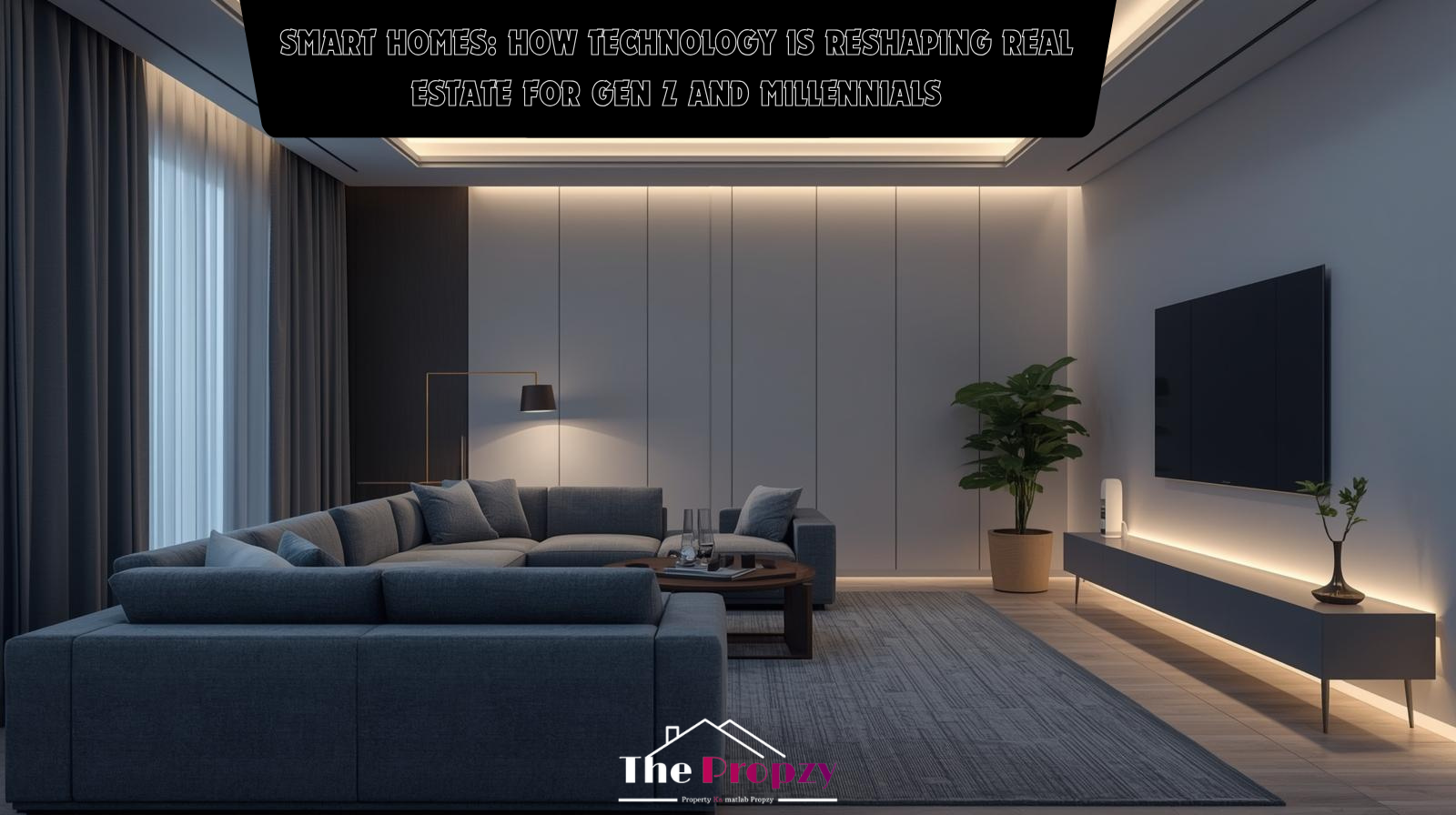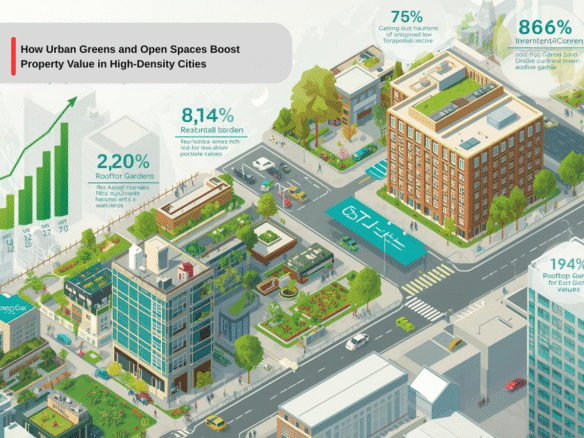The new generation of homebuyers—Millennials and Gen Z—are no longer looking for just four walls and a roof. They want homes that are smarter, safer, and more connected. With the rise of the Internet of Things (IoT), artificial intelligence (AI), and automation, real estate is undergoing a digital revolution. Smart homes are not only enhancing lifestyle convenience but also transforming property values and investment opportunities.
What Makes a Home “Smart”?
A smart home integrates technology and automation to control various aspects such as:
- Lighting systems that adjust automatically
- Smart thermostats for efficient energy use
- Security cameras and digital locks controlled from smartphones
- Voice-controlled assistants like Alexa or Google Home
- Energy-saving appliances that reduce bills
These features are no longer luxuries; they are becoming expectations for younger buyers.
Why Gen Z and Millennials Prefer Smart Homes
- Digital Lifestyle – This generation grew up with technology, so they expect it in their homes.
- Sustainability Focus – Smart devices help cut down energy waste, aligning with eco-conscious values.
- Convenience & Safety – From keyless entry to app-based surveillance, smart homes provide ease and peace of mind.
- Resale Value – Properties with tech integrations attract higher demand.
Impact on Real Estate Investments
Developers are now marketing properties with pre-installed smart features. For investors, these homes command higher rent, faster resale, and appeal to corporate tenants.
Challenges Ahead
- Initial installation costs
- Cybersecurity risks
- Need for tech-savvy maintenance
Future Outlook
By 2030, experts predict over 350 million smart homes worldwide. For India, smart townships and integrated tech-driven societies will be the new norm.
👉 Conclusion: For the new generation, real estate is not about space alone but about intelligent, sustainable, and tech-powered living.






Join The Discussion